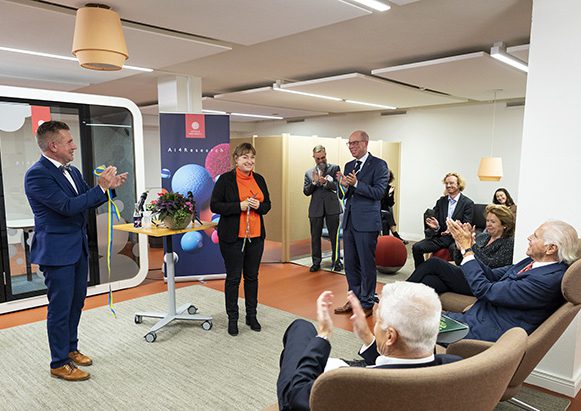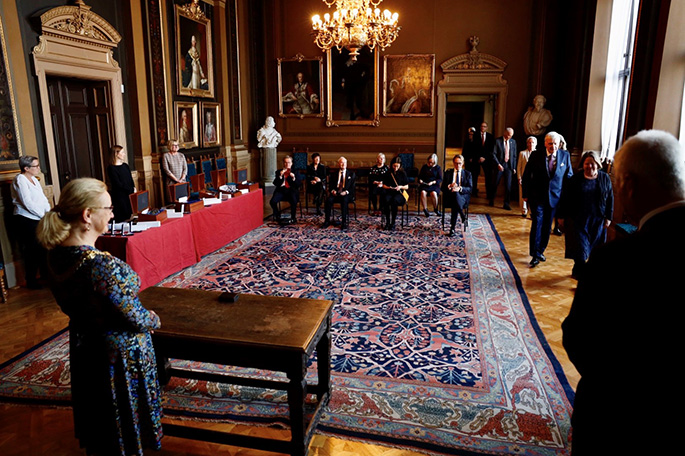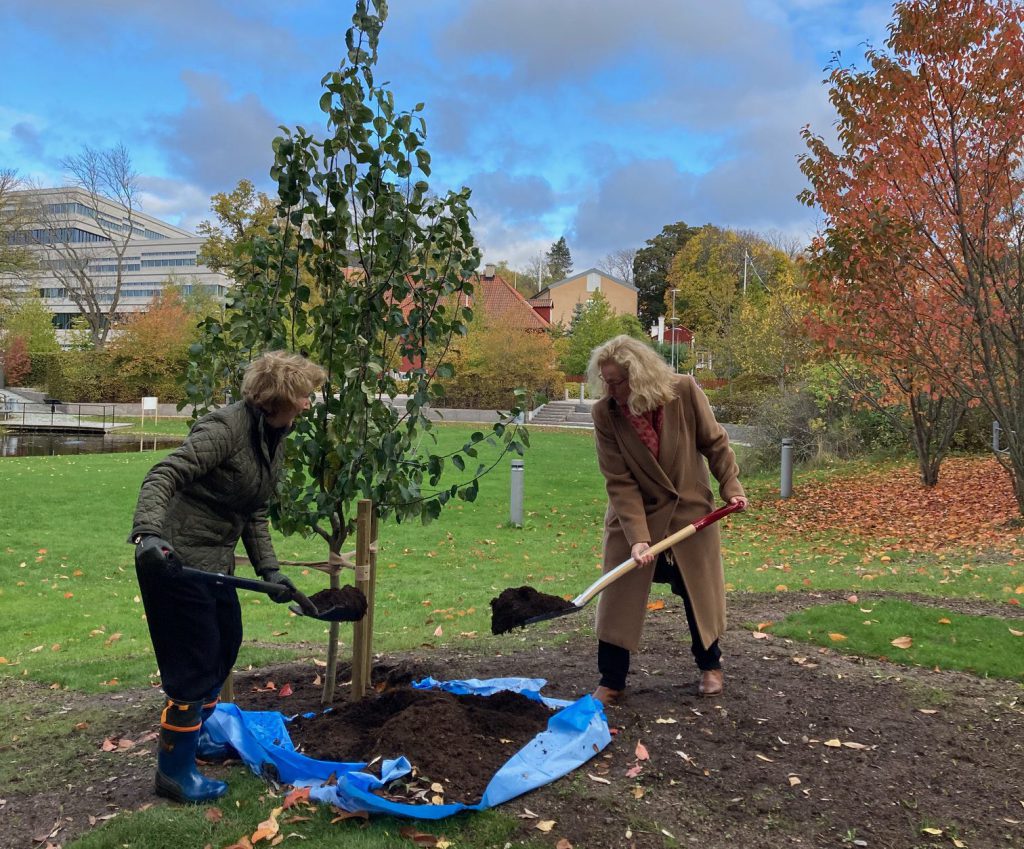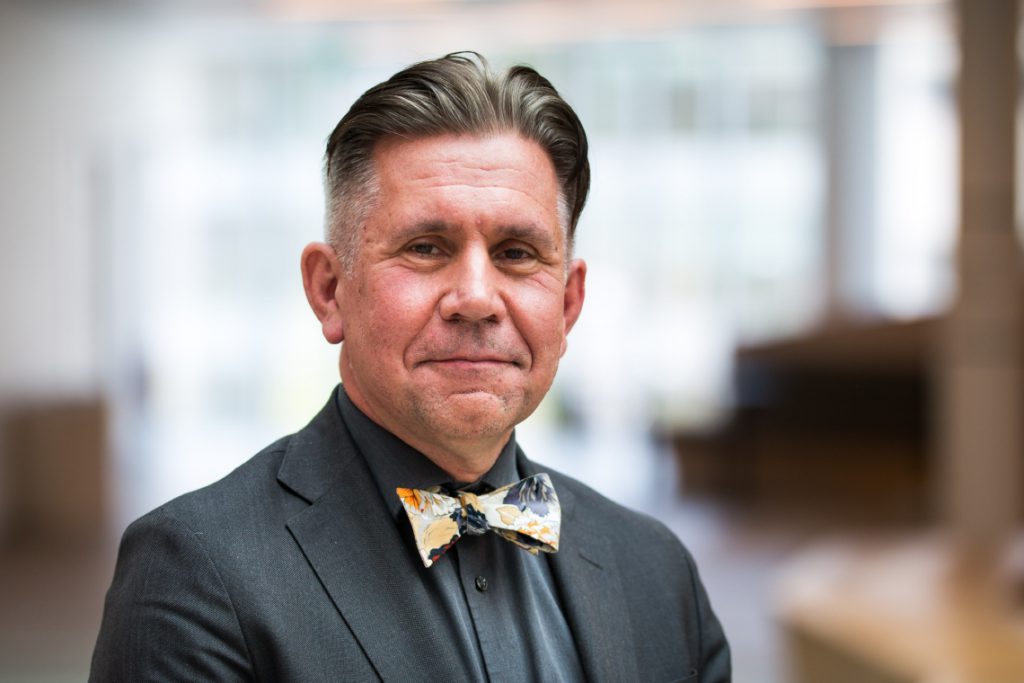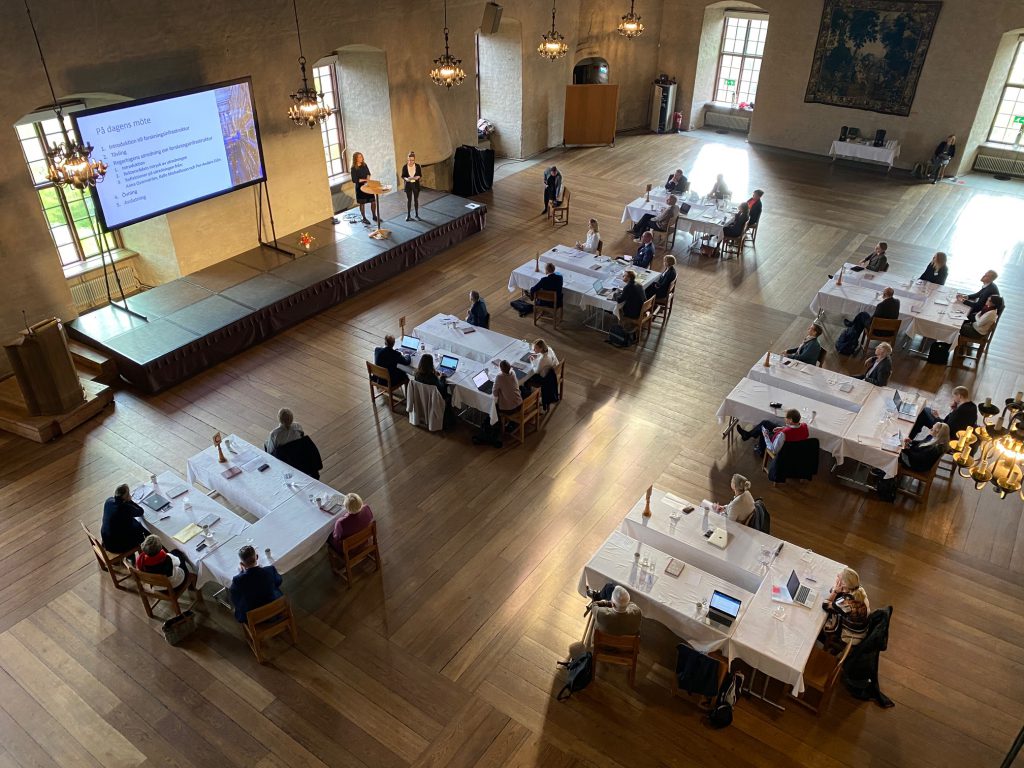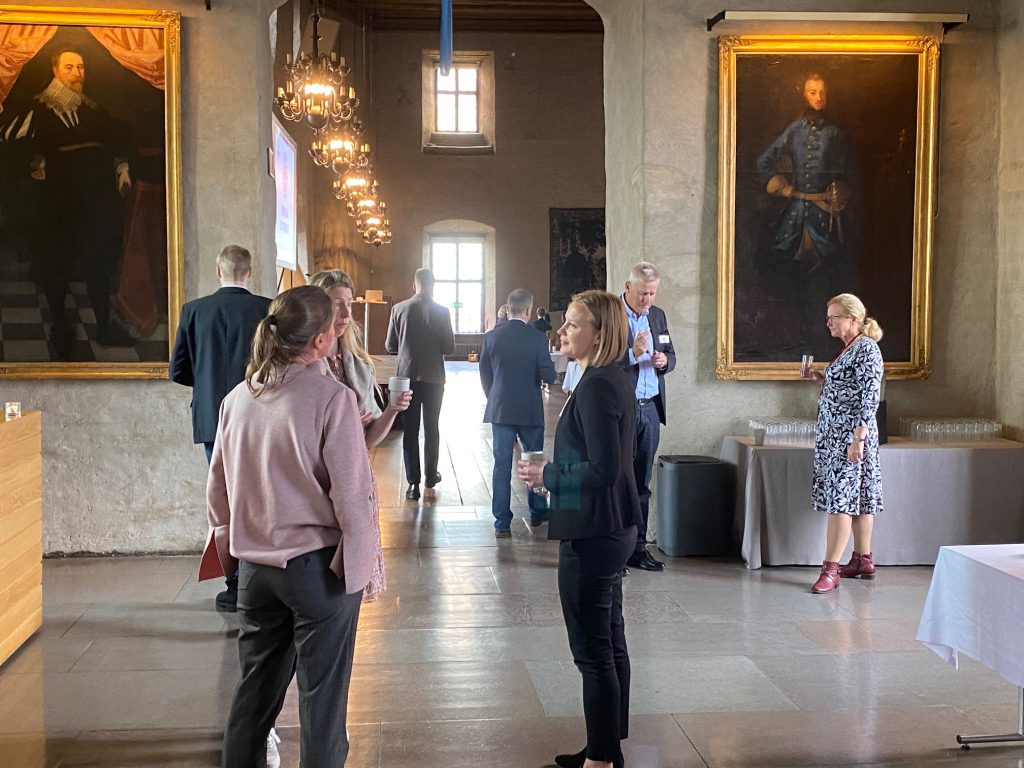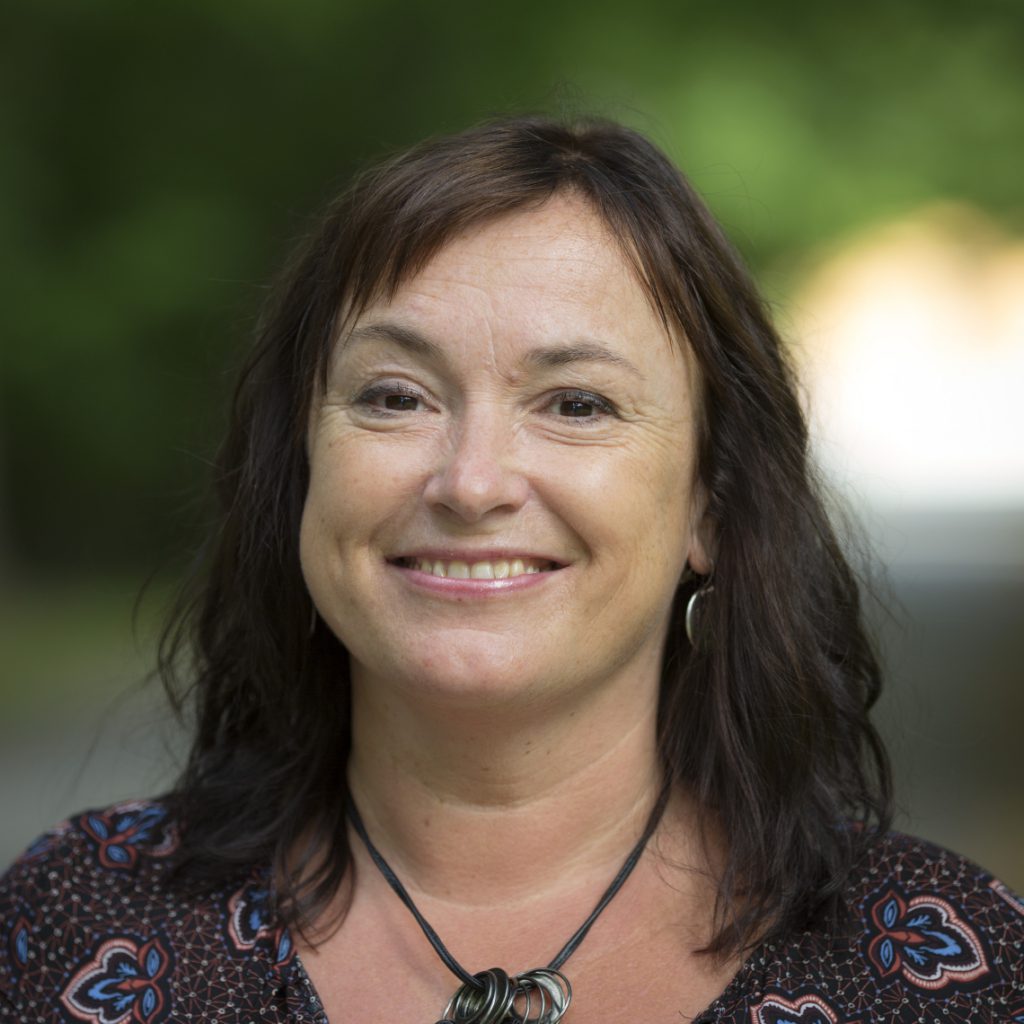
At the Disciplinary Domain of Humanities and Social Sciences, crossover is all the rage – several new cross-disciplinary initiatives have been launched and more are on the way. Cross-disciplinary research and education have a strong tradition in Humanities and Social Sciences. Historian of ideas Karin Johannisson played a pioneering role in Sweden and at Uppsala University in promoting an understanding of human complexity. Research about the existential body and the human being in medicine involves issues of health, suffering and death. These issues cannot be owned by a single scholarly or scientific discipline; by their very nature, they are cross-disciplinary.
In this spirit, the new Centre for Medical Humanities (CMHS) recently made its debut at the Humanities Theatre. CMHS is a collaboration between the Faculty of Arts, the Faculty of Social Sciences and the Disciplinary Domain of Medicine and Pharmacy. The centre supports cross-cutting research on medicine and health and the necessary integration of perspectives from the humanities and social sciences in professional education and training in medicine. The Department of History of Science and Ideas, which is the host institution for CMHS, was also Karin Johannisson’s home department, which of course is no coincidence.
On 11 November, Uppsala Immigration Lab (UIL) will be inaugurated. The Lab seeks to develop new methods for addressing current issues in integration and working life, ranging from labour market establishment to socioeconomic aspects of integration. UIL is based at the Department of Economics and is a collaboration between several departments, mostly from the Faculty of Social Sciences. The collaboration also extends to actors outside the University, such as the Institute for Evaluation of Labour Market and Education Policy.
Also in the pipeline is the establishment of HERO (Higher Education as Research Object), a five-year University-wide project in the broad research field of higher education. This field is sorely needed in the Swedish research landscape and contributes essential cutting-edge expertise to the entire higher education sector. More than ever, in times of fact resistance and threats to university autonomy, we need to develop knowledge about the conditions, possibilities and challenges of higher education, yesterday, today and tomorrow.
It is important to bear in mind that all cross-cutting collaborations depend on the subject-specific excellence of the participating environments. In other words: no breadth without depth. Which means that one important conclusion is that all these projects, and others, testify to the depth of scholarly and scientific knowledge in widely disparate fields encompassed by the domain of humanities and social sciences in Uppsala.
P.S. Don’t miss the exciting symposium on 29 October at CIRCUS (Centre for Integrated Research on Culture and Society) on the theme Doing research together: The good, the challenging and the ugly aspects of collaborative research.
Tora Holmberg, Vice-Rector of the Disciplinary Domain of Humanities and Social Sciences

